Thinking of using GBL/GHB?
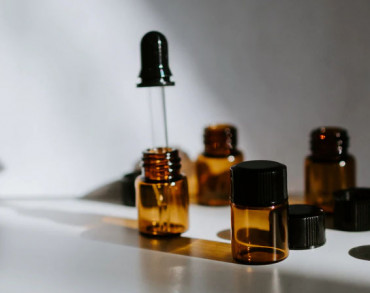

We’ve seen an increase in harm caused by GBL/GHB in New Zealand recently. Make sure you understand the risks…
GBL/GHB is a central nervous system depressant, which means it slows the body down. It’s a colourless, odourless liquid that’s usually taken orally in small doses. It’s also known as G, fantasy, waz, or rinse.
GBL is a "prodrug" of GHB, which means it is converted into GHB in the body, with identical effects. It’s significantly more potent, with effects coming on faster, which makes it a far greater risk for overdose than GHB. Both GBL and GHB carry serious risks of overdose, and negative effects can include coma and death.
Stay safer by staying informed. Sign up to receive alerts and notifications about any dangerous drugs in NZ. Check out the alerts page to see what we've already found.
What are the effects?
The effects of GHB come on very quickly (usually about 15 minutes) and lasts a few hours. Some of the effects include:
- Euphoria
- Hallucinations
- Problems with vision
- Heightened sensuality
- Drowsiness
- Dizziness
- Slow heart rate
- Nausea or vomiting
- Memory loss
- Seizures
- Loss of consciousness
What are the risks?
A big risk is that it’s very easy to overdose on GHB/GBL, because the doses are very small, and strength can vary a lot from bottle to bottle. This means the difference between the desired effect and an overdose could be a matter of millilitres. This is particularly problematic if you think you have GHB, and take a GHB-sized dose, but you actually have GBL, which requires a much smaller dose. There’s also an increased overdose risk when people re-dose too soon after their previous dose.
The sedative nature of the substance can leave a person incoherent or even unconscious, and unable to give consent. People who take GHB/GBL often report a loss of inhibitions and a higher libido. It’s important to remember that if someone can’t consent, it’s sexual assault.
GBL/GHB is a central nervous depressant, which means it slows down brain activity, and effects bodily functions like breathing and the heart. This makes it particularly risky for people with existing heart or breathing problems, epilepsy, sensitivity to other central nervous system depressants, or general poor health.
While mixing substances is always a bad idea, this is especially true with GHB/GBL and other depressants like alcohol. Mixing them can lead to nausea, breathing problems and even death. It can delay the time it takes for the effects to kick in – this can lead to re-dosing which increases the risk of overdose.
Evidence is emerging that dependence on GHB/GBL can develop quickly, with rapid onset of unpleasant withdrawal symptoms like hallucinations, insomnia, tremors, psychosis, severe anxiety, chest pains, and muscle aches. These effects can begin within 1-2 hours after the last dose, and can last a number of days.
Withdrawal can pose serious health risks. If you’re worried about your use of GBL and want to stop using it, please get medical advice. You can also call the Alcohol Drug Helpline on 0800 787 797, or text 8681, for confidential, non-judgmental expert advice. It’s free and open 24 hours every day. Check out the NZ Drug Foundation for more information on managing withdrawal.
While it’s safest not to use drugs at all, there are some steps you can take to help reduce the harm from GBL:
- Low doses pose less risk – take extreme care because there is very little margin for error.
- Avoid repeated dosing.
- Avoid mixing drugs as the combined effects can be unpredictable. Especially avoid mixing GBL with alcohol, and other depressants like ketamine.
- Treat every dose with caution, and don’t assume the strength is the same as a previous dose.
- Make sure you are with people that you trust, and who have knowledge of first aid.
If you or someone you love has overdosed on GHB/GBL, get immediate medical attention to make sure airways remain clear and that vital signs remain stable. Many people who end up in the emergency room for GHB/GBL overdose will be intubated to protect their airway. You can find out more about GHB and how to stay safe through the NZ Drug Foundation.
If you have any concerns about your own drinking or drug taking, get in touch with the Alcohol Drug Helpline Call 0800 787 797, or text 8681, to speak with a trained counsellor – they’ll be able to provide you with helpful information, insight and support. They’re available 24/7, all calls are free and confidential. You can also chat with the team through the website.
Latest Articles
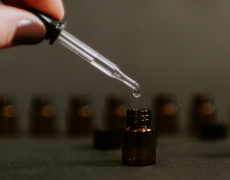
24 Apr 2024
Increased harm linked to the use of GBL-type substances in New Zealand
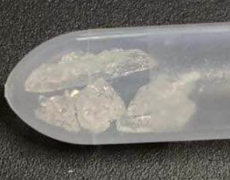
23 Apr 2024
Industrial chemicals sold as methamphetamine
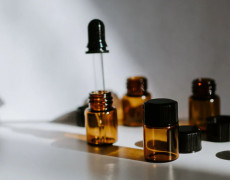
15 Apr 2024
Thinking of using GBL/GHB?
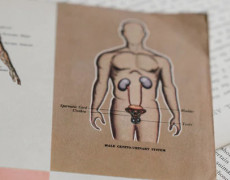
12 Apr 2024
Ketamine and bladder damage – know the risks
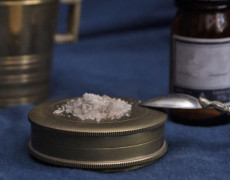
8 Mar 2024
Synthetic cathinones explained
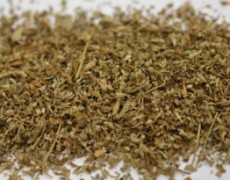
22 Feb 2024
What’s happening with synthetic cannabinoids?
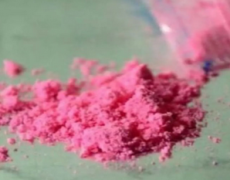
31 Jan 2024
What is tuci?
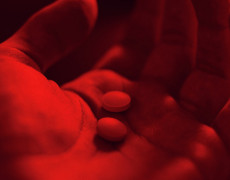
19 Jan 2024
Answering some common questions about MDMA

10 Jan 2024
Understanding the risks of the comedown
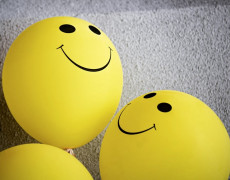
5 Jan 2024
Looking after your mental health
